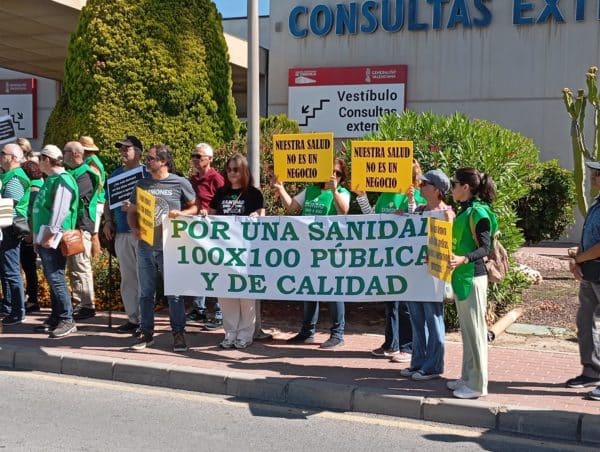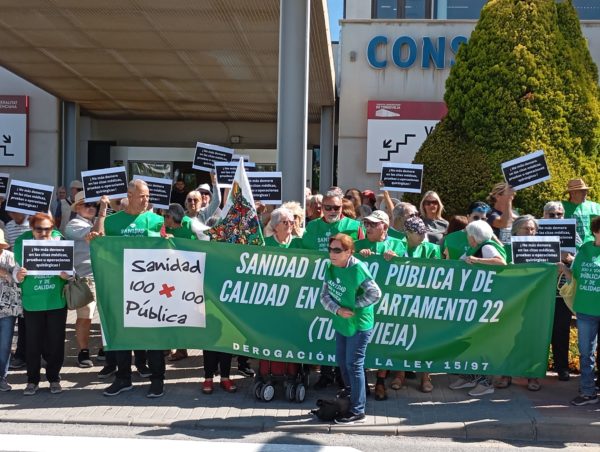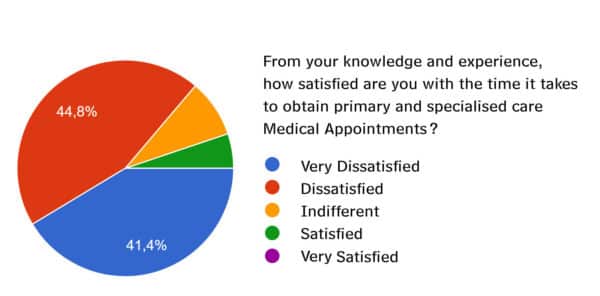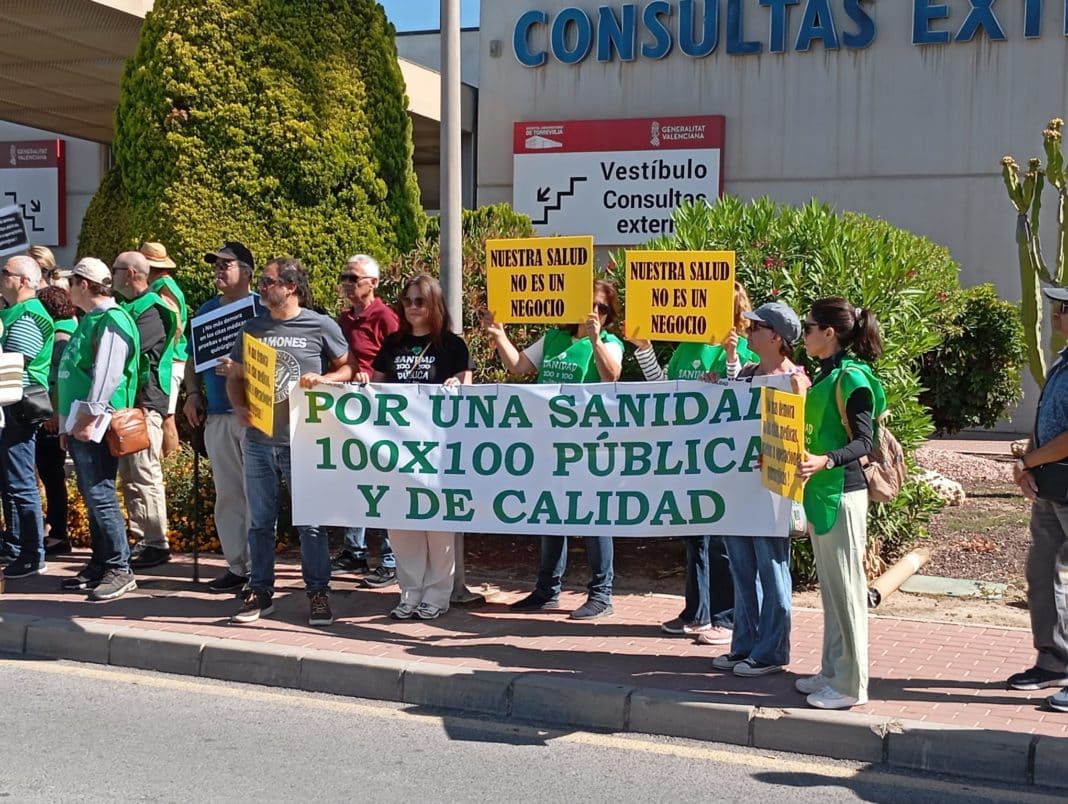The Platform for Public Health in Torrevieja, has published details of a survey that it carried out in recent weeks relating to the delays encountered by the general public in obtaining medical appointments, the results of which recorded a high level of dissatisfaction
Of the 58 people that completed the questionnaire 86.2% said that they are either dissatisfied or very dissatisfied with the current situation.
In Spain, access to the healthcare system is one of the basic pillars on which the Welfare State is based. It is the fundamental element that guarantees members of the public, the right to healthcare, in a universal and equitable manner,
The guarantee of access to non-urgent medical attention, in a reasonable period of time for all people, is a right that is the responsibility of the Regional Ministry of Health in the Valencian Community, something on which it is not currently delivering within the Torrevieja Health Authority.
The Primary Care network of the department is made up of 11 Health Centres and 11 clinics grouped in 5 basic health areas that serve people with more than 205,000 SIP cards.
Currently there is a great disparity in terms of waiting times for appointments in each of the 5 basic areas. For this reason, this platform demands information that provides details of the causes of delays on non-urgent appointments in primary care and paediatrics (doctor/patient ratios, structural or circumstantial causes of any delays, peculiarities of each basic health area, as well as detailed referral rate to specialties in the different basic areas, emergencies, etc.).
In Specialised Care, in order to guarantee the cohesion and quality of the National Health System, there are framework criteria to guarantee a maximum access time to healthcare services for specialised care, diagnostic-therapeutic tests and surgical operations, which are agreed at the state level with all the autonomous communities, as well as measures for the standardised treatment of information on waiting lists.
Likewise, there is an obligation to inform the Ministry of Health and the general public of the waiting lists every six months, stating “the autonomous communities will make the information on waiting lists public in accordance with their organisational structures”.
Knowledge of this detailed information for each health department is a key element for identifying the causes and establishing priorities in healthcare programming from a global and multidisciplinary perspective, that responds to the department’s problems.
Plans to combat waiting list delays
The concern of health system users is calmed by promises of investments and plans to reduce delays in medical waiting lists.
However, the subsequent decrease in the budget which means the health authority is no longer able to undertake the necessary improvements (more beds, more operating rooms, more outpatient consultations, etc.) and the lack of knowledge of any replacement plan, causes even further anxiety, adding to more delay in the medical lists of our department.









